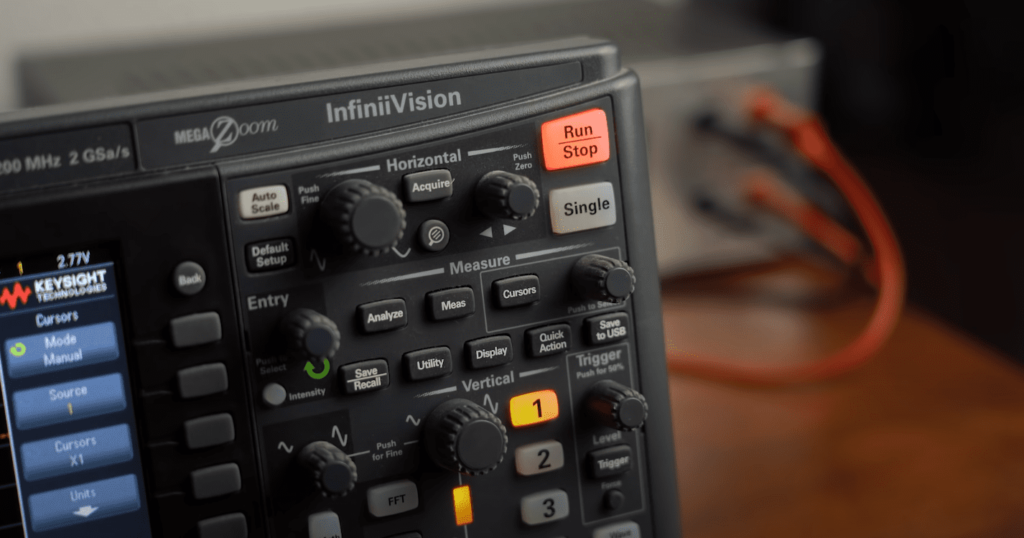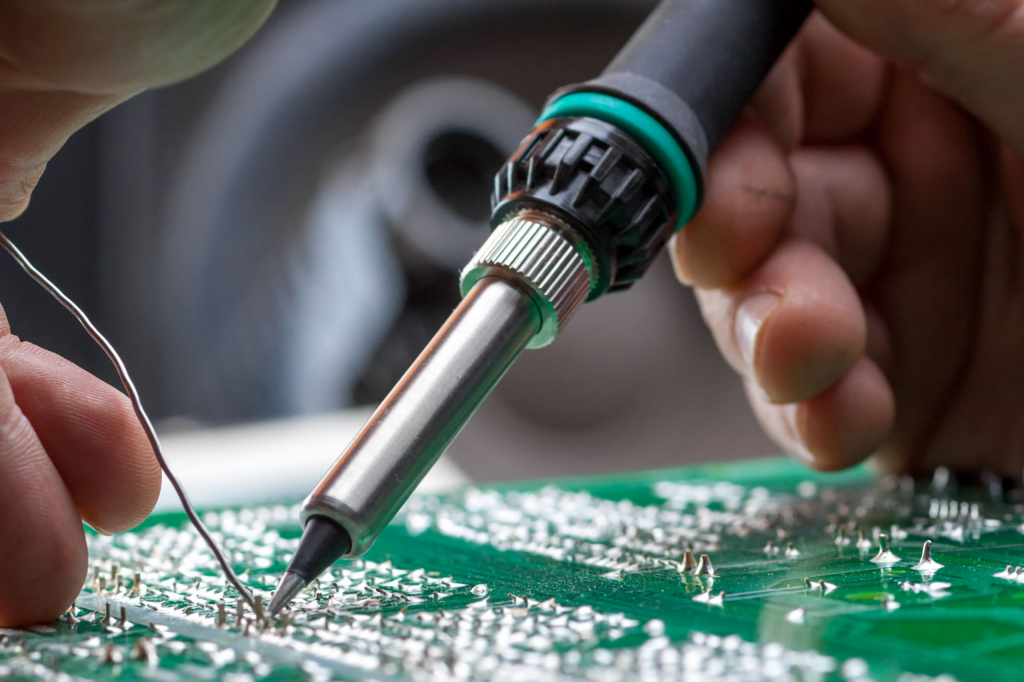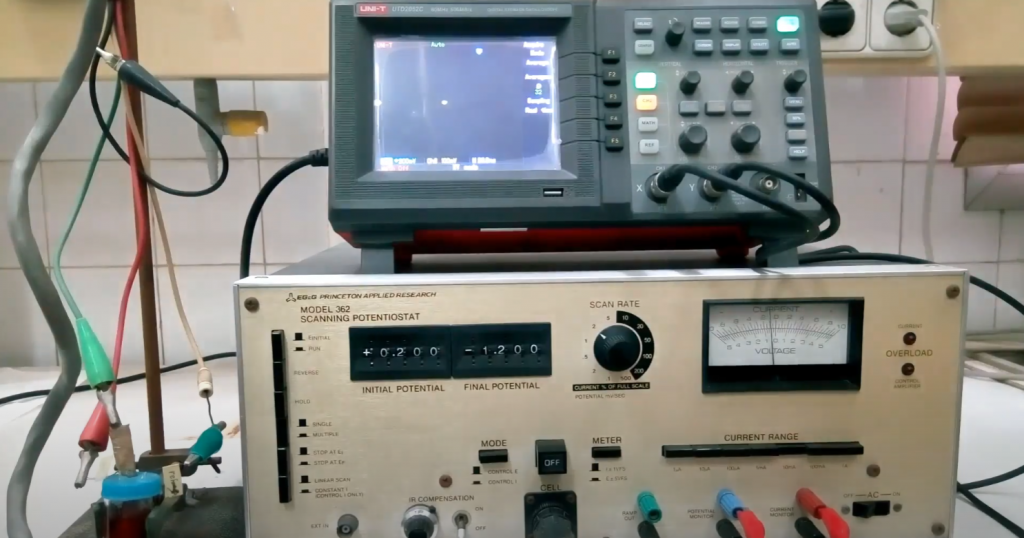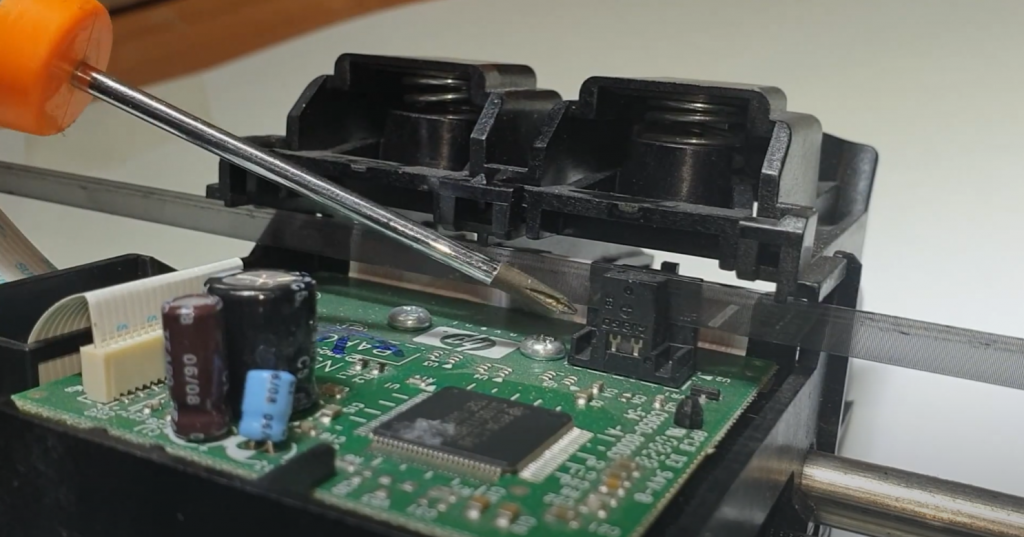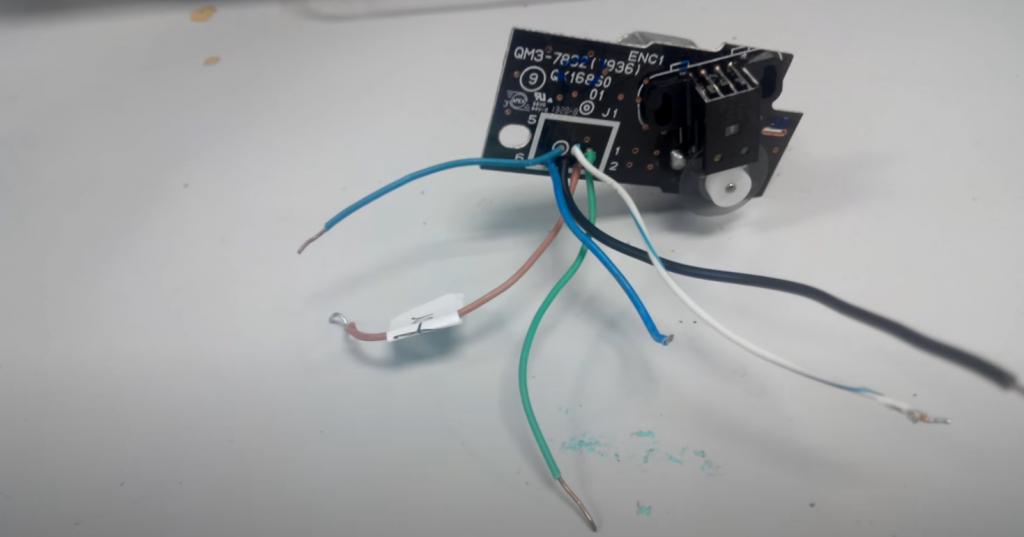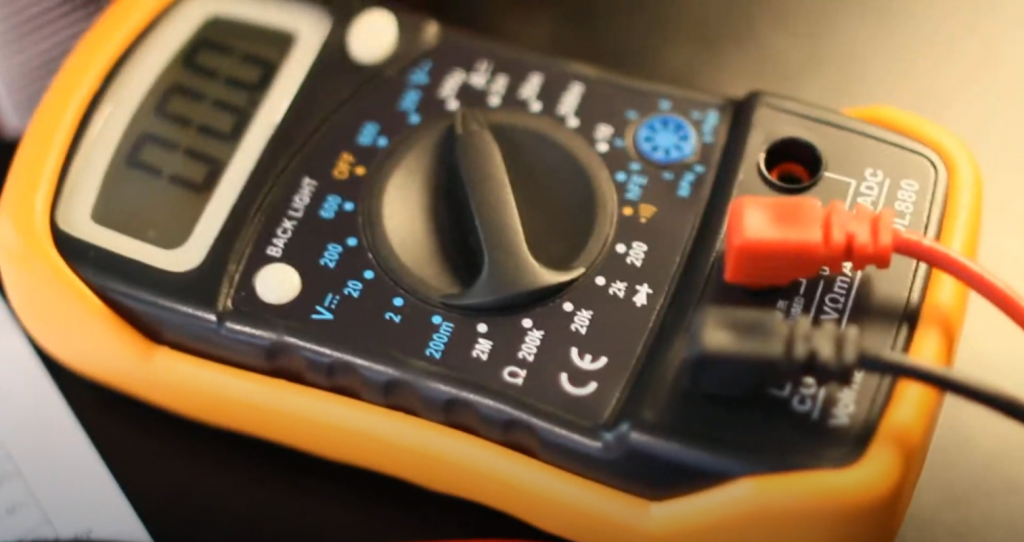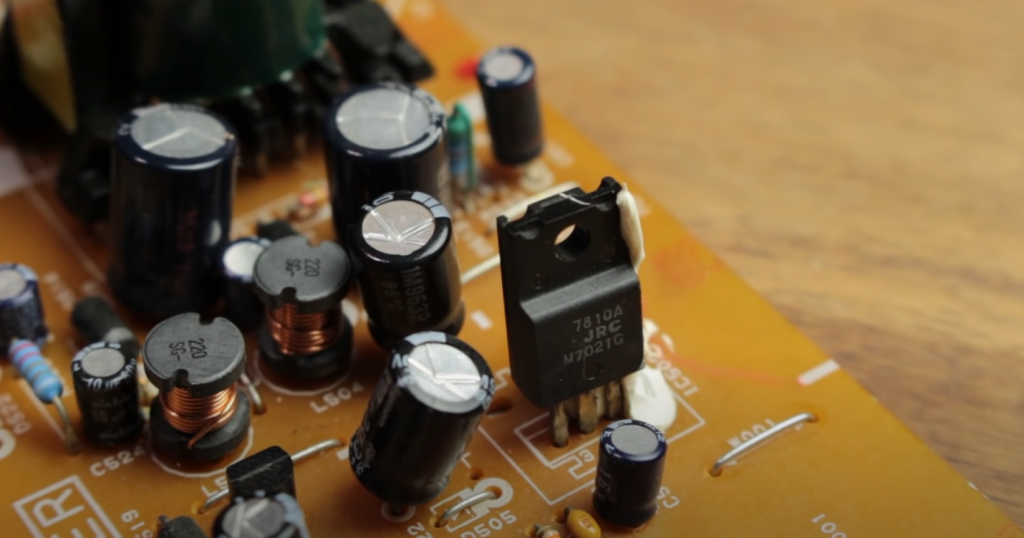Oscilloscopes are high-end test instruments used in laboratories to measure electrical signals. Most technicians use oscilloscopes for tests like signal integrity, spectral analysis, and other forms of measurement. These devices are critical to many electronics fields because they are the only instruments that can capture the frequency and voltage of electrical signals. Oscilloscopes cost thousands of dollars, so how long do they last? This article will explain the lifespan of an oscilloscope, including what factors affect its life expectancy and ways to extend its usage. Keep reading to learn more!
What is the Estimated Lifespan of an Oscilloscope?
Before we talk about how long oscilloscopes last, let’s start with the lifespan. The oscilloscope lifespan is the average time that a user can expect their oscilloscope to work properly. You might also hear this referred to as the “shelf life” of a piece of equipment. When purchasing an oscilloscope, you’ll see a couple of numbers that affect the lifespan. The first is time-base, which is the measurement of the scope’s bandwidth. The bandwidth is the amount of electrical frequency that the oscilloscope can capture. If you’re using an oscilloscope for R&D purposes, the time-base is critical. The lower the time-base, the more sensitive the oscilloscope is to any electrical changes in the circuit. A lower time-base lets you capture smaller changes in the circuit, such as noise, that would normally be ignored.
How Long Do Digital Storage Oscilloscopes Last?
Digital storage oscilloscopes (DSOs) are the most common type of oscilloscope. They store the data that is captured in digital form. This is important because DSOs are more accurate than analog storage oscilloscopes (ASOs). Because DSOs store their data digitally, they can be easily transferred to computers. This gives technicians the ability to export the data and manipulate it with programs like Excel.
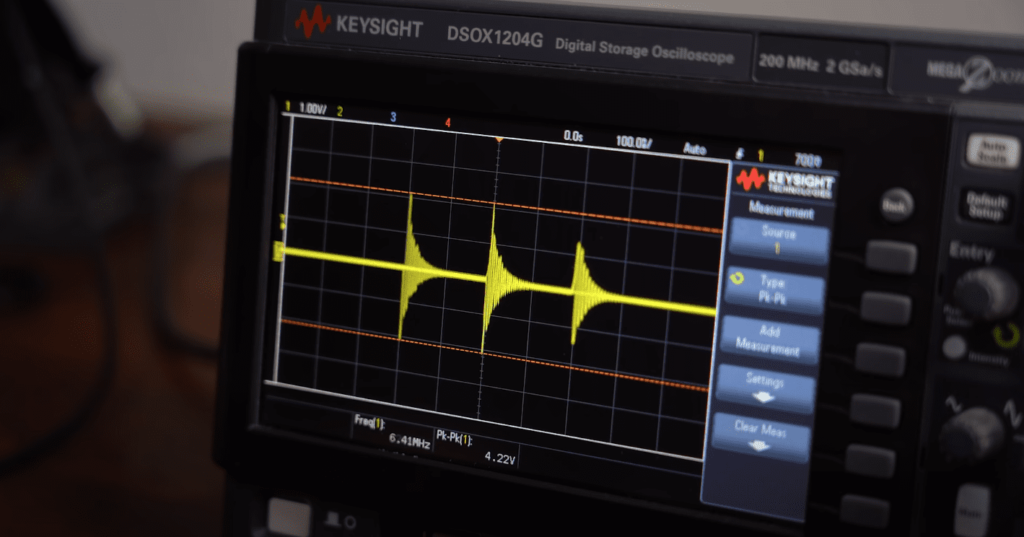
DSOs are designed to be high-end, high-performance instruments. They’ll last longer than many other oscilloscopes, but they’re not immune to the natural deterioration that comes with time. A DSO’s lifespan is based on its time-base. The lower the time-base, the less data that can be captured in a certain amount of time. A DSO with a 1 ns time-base can capture 500 thousand samples per second. A DSO with a 10 ns time-base can capture 50 thousand samples per second. The lower the time-base, the better the frequency accuracy. This is critical for R&D uses, such as measuring frequency distortion.
How Long Do Analog Storage Oscilloscopes Last?
It’s worth noting that analog oscilloscopes are less common than digital ones. ASOs store their data in analog form, making them more vulnerable to electrical interference. Because of this, ASOs are used for high-voltage tests where digital signals are less effective. In general, oscilloscopes are a high-end piece of equipment. They’re designed to last a long time, but nothing lasts forever.
An analog oscilloscope lifespan is determined by the amount of data that can be captured per second. The more data you can capture, the more accurate your results will be. An analog oscilloscope with a low sample rate might have a lifespan of 10 years, while a high-end sample rate oscilloscope might have a lifespan of over 20 years.
Why Does an Oscilloscope’s Life End?
No oscilloscope lasts forever. The question is how long, not if, your oscilloscope will break down. As electronics get older, their performance degrades. Oscilloscopes are no different. As the oscilloscope ages, its internal components will wear down with usage. The probes, signal conditioner, digitizer, and other internal pieces will lose precision over time. While the oscilloscope’s lifespan is based on these natural processes, there are things you can do to extend its life.
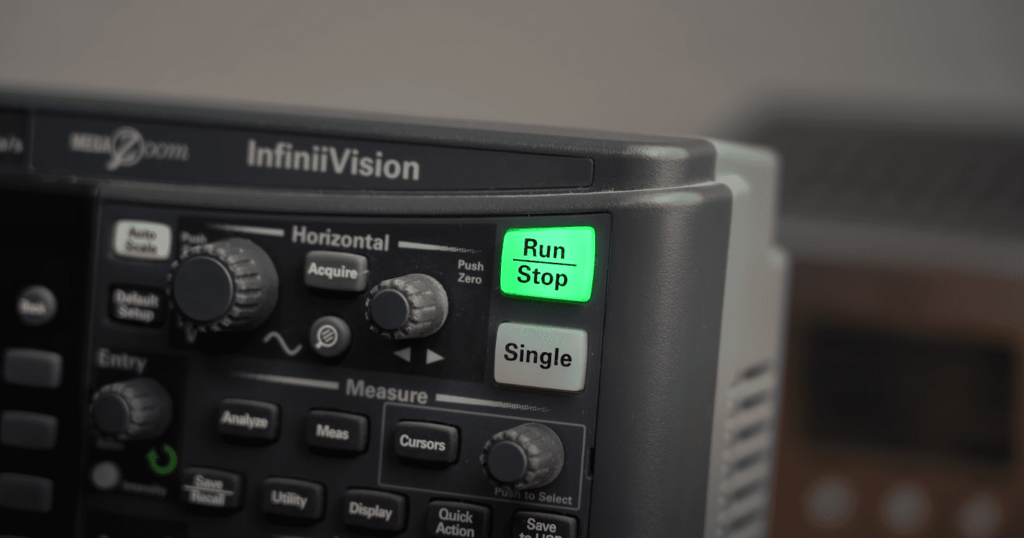
To avoid wearing down your oscilloscope prematurely, make sure to keep it clean and dry. Wipe down the exterior with a soft cloth. Make sure to never use water because it can cause corrosion. Avoid exposing your oscilloscope to extreme temperatures because it can reduce the lifespan. Store your oscilloscope in a safe place where it won’t be knocked around or accidentally damaged.
Tips to Extend the Life of Your Oscilloscope
Depending on how often you use your oscilloscope, it may last for a few months or for decades. To extend its lifespan, follow these tips.
- Clean your oscilloscope. Dirt and dust can cause premature wear on your oscilloscope. Make sure to clean the exterior of your oscilloscope with a soft cloth. If you notice a lot of dust or corrosion, consider cleaning the interior as well.
- Keep it out of extreme temperatures. Avoid exposing your oscilloscope to extreme temperatures because it can reduce the lifespan.
- Store your oscilloscope safely. Store your oscilloscope in a safe place where it won’t be knocked around or accidentally damaged.
- Get your oscilloscope serviced regularly. If your oscilloscope is over five years old, consider getting it serviced.
- Choose the correct oscilloscope. Select an oscilloscope that is designed for your purpose. Pay attention to the time-base and sample rate.
FAQ
What is the proper maintenance of oscilloscope?
The oscilloscope should be calibrated and serviced on a regular basis. The probes should be kept clean and free of debris. The oscilloscope should be stored in a dry, dust-free environment.
Are old oscilloscopes worth anything?
Yes, old oscilloscopes can be worth something. However, the value of an oscilloscope depends on the age and condition of the unit. Some oscilloscopes that are older and in good condition can sell for hundreds or even thousands of dollars.
Is it worth buying an oscilloscope?
An oscilloscope can be a valuable tool for debugging circuits and diagnosing problems. However, they can be expensive, so it is important to decide if it is worth the investment. Some factors to consider include the type of projects you are working on, how often you need to use it, and the features you need.
Is it worth buying an oscilloscope for ham radio?
An oscilloscope can be a valuable tool for ham radio, but it’s not essential. Oscilloscopes can help you troubleshoot problems with circuits and equipment, and they can also be used to measure signal strength and other characteristics of signals. If you’re interested in buying an oscilloscope for ham radio, you need to decide what type of oscilloscope will best meet your needs.
Are analog oscilloscopes still useful?
Yes, analog oscilloscopes are still useful for many applications. They have a lower bandwidth than digital oscilloscopes, but they can still be used to measure voltage and timing signals. They are also less expensive than digital oscilloscopes.
Is it worth buying Rigol DS1054Z oscilloscope?
The Rigol DS1054Z oscilloscope is a great value for the price. It has a 50 MHz bandwidth and a 1 GS/s sampling rate, which makes it perfect for hobbyists and students. It also has a variety of features that make it easy to use, including an intuitive interface and auto-setup.
Is it worth buying Siglent SDS1202X-E oscilloscope?
The Siglent SDS1202X-E oscilloscope is a great value for the price. It has a number of features that make it an excellent choice for hobbyists and professionals alike. The SDS1202X-E is capable of sampling at up to 2 GS/s, making it capable of capturing even the most complex waveforms. It also has a large display that makes it easy to visualize your data.
Does oscilloscope need lubrication?
No, an oscilloscope does not need lubrication. It is a precision instrument that should be handled with care to ensure its long life. The moving parts are sealed and do not require any maintenance.
Is an oscilloscope a good gift for a ham radio operator?
An oscilloscope can be a great gift for a ham radio operator, as it can help them to troubleshoot and diagnose problems with their equipment. However, it is important to make sure that the oscilloscope is appropriate for the operator’s level of experience and expertise.
Related Video: Everything You Need to Know When Using an Oscilloscope
Conclusion
An oscilloscope lifespan is crucial to understanding how long your oscilloscope will last. The lifespan is the average time that a user can expect their oscilloscope to work properly. This article covered the different types of oscilloscopes and explained how long each type can last. It also provided tips to extend the lifespan of your oscilloscope. Now that you understand how long oscilloscopes last, you can make an informed decision about which oscilloscope is right for you!

